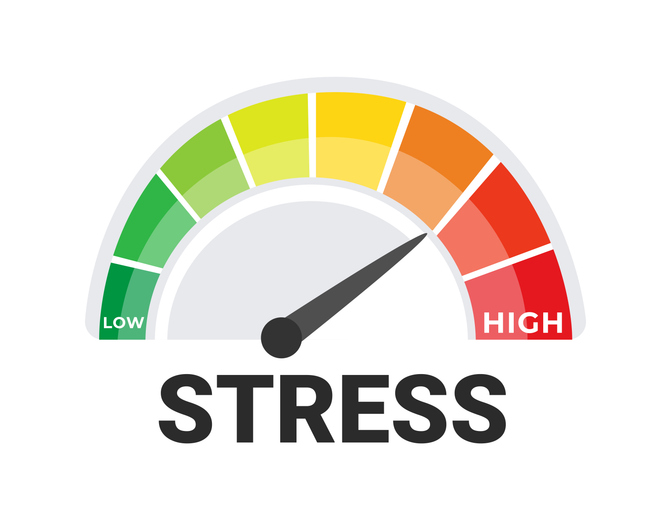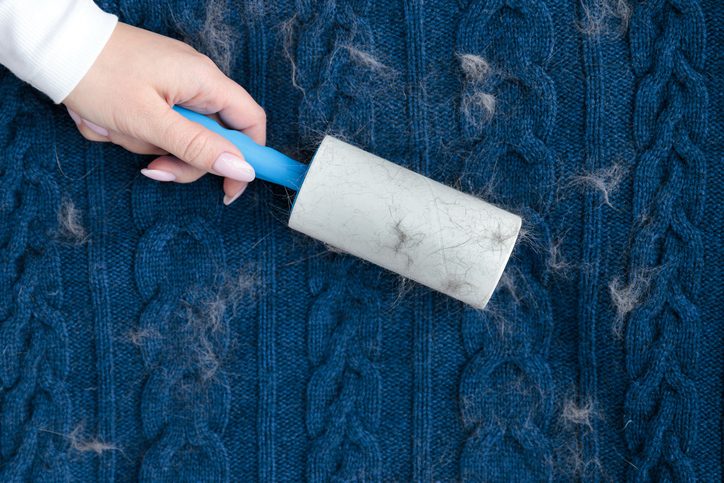You already know fiber is a necessary part of every diet. It aids in digestion, helps keep cholesterol down, and helps reduce the risk of chronic diseases like cancer, cardiovascular disease, and type 2 diabetes.
You should be getting 25-35 grams every day – but how do you know if you’re getting enough every day? There are a few signs to look for:
Being hungry all the time despite having regular meals. Fiber helps you feel full longer and our bodies don’t break it down the same way as other foods. It’s a good sign to look for.
If you feel more tired, or have low energy and feel sluggish, and coffee doesn’t cut it, you might not be getting enough fiber that works with the carbohydrates in your diet that you need to help with your blood sugar levels to avoid those spikes and crashes.
If your doctor says your cholesterol needs to get in check or your blood pressure is too high, in addition to cutting salt, increasing fiber may help.
And you won’t just get it from whole grain breads – you can find it in foods you already like – avocados are loaded with fiber, as are fresh fruits like strawberries and pears, plus beans, legumes, nuts, and seeds.
Image Credit: iStock / Getty Images Plus









